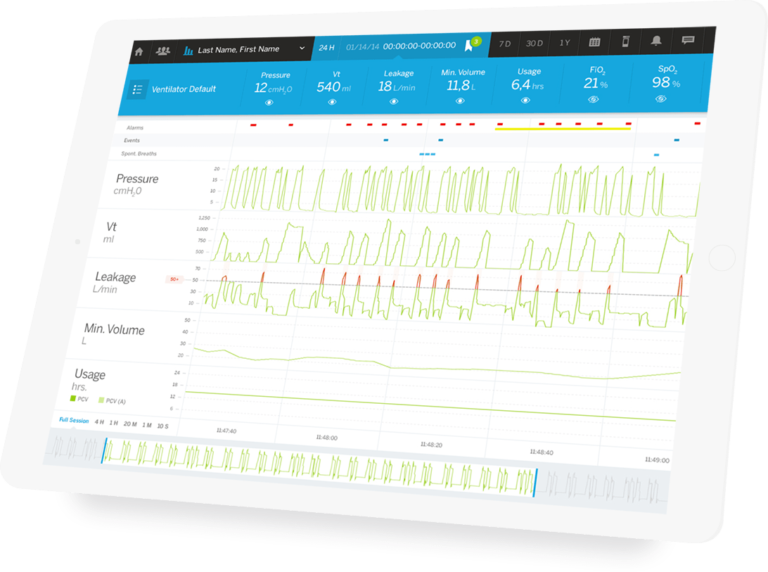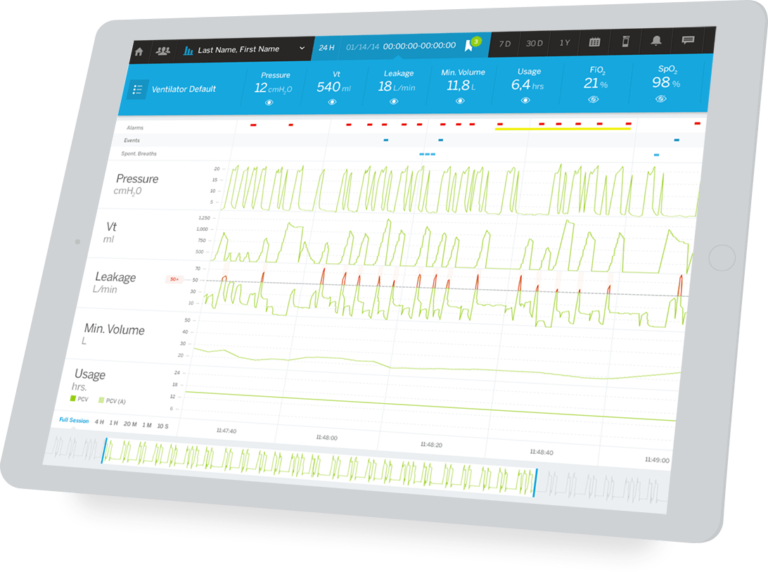Research & Plan
Advances in technology, an aging global population, and the cost of in-clinic stays have led to more people relying on ventilators for life support at home. While there are numerous physical and psychological benefits to being at home, in-home ventilators mean that patients aren’t as close to their care teams. As a result, doctors are slower to respond to emergencies and can miss opportunities to improve patients’ quality of life. With the advent of IoT, we set out to create an experience that not only made the connection between physicians, their patients, and caregivers, but that also made everyone a more effective participant in patients’ care.

Product strategy

Product design

Experience design

UX

Collaborative work sessions

Prototyping

Native app

User research
Concept & Test
altr worked with the team at Breas-HDM, physicians, and our development partners to understand how large patient populations might be monitored simultaneously and how doctors, nurses, and patients’ in-home caregivers each interpreted and acted upon ventilator data. We then rethought the experience to help everyone focus on the data that they need, while encouraging care-team coordination and individual customization.
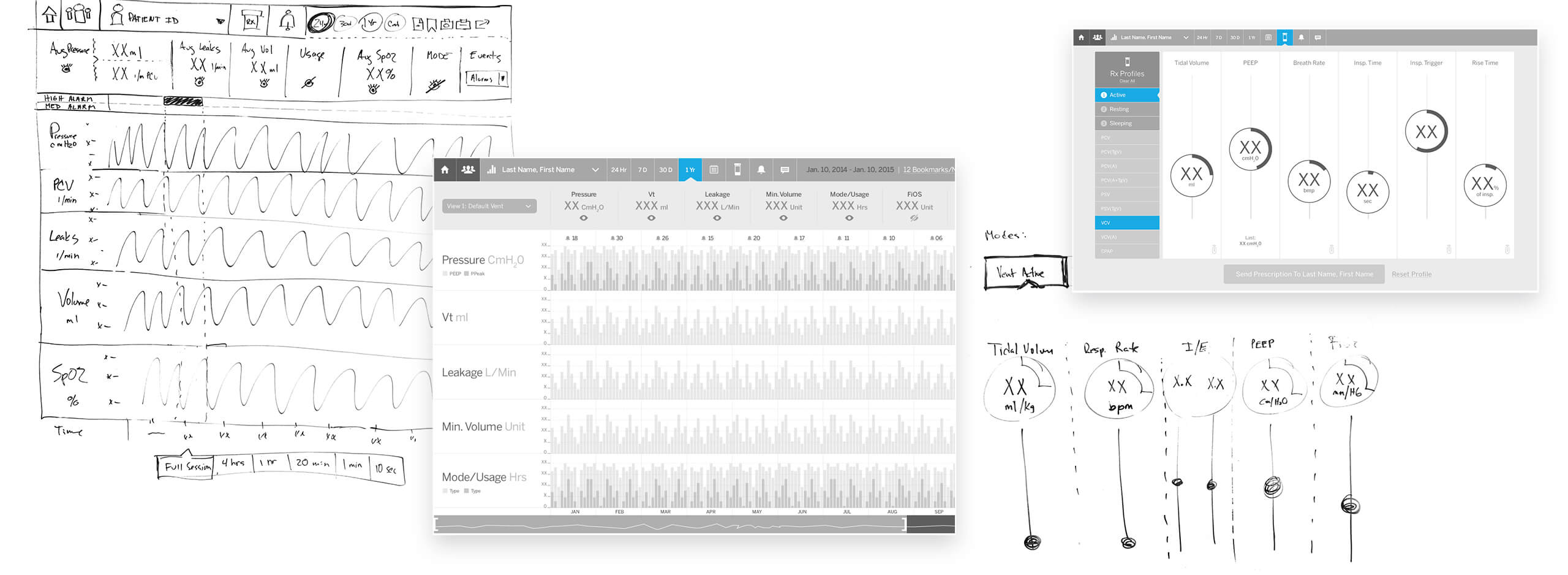
Design & Deliver
We created a new IoT platform for health care providers to monitor, triage, and collaborate on the care of the often dozens of patients they treat on life support outside of the clinic. Now, physicians and care teams can better care for ventilated patients wherever they are.
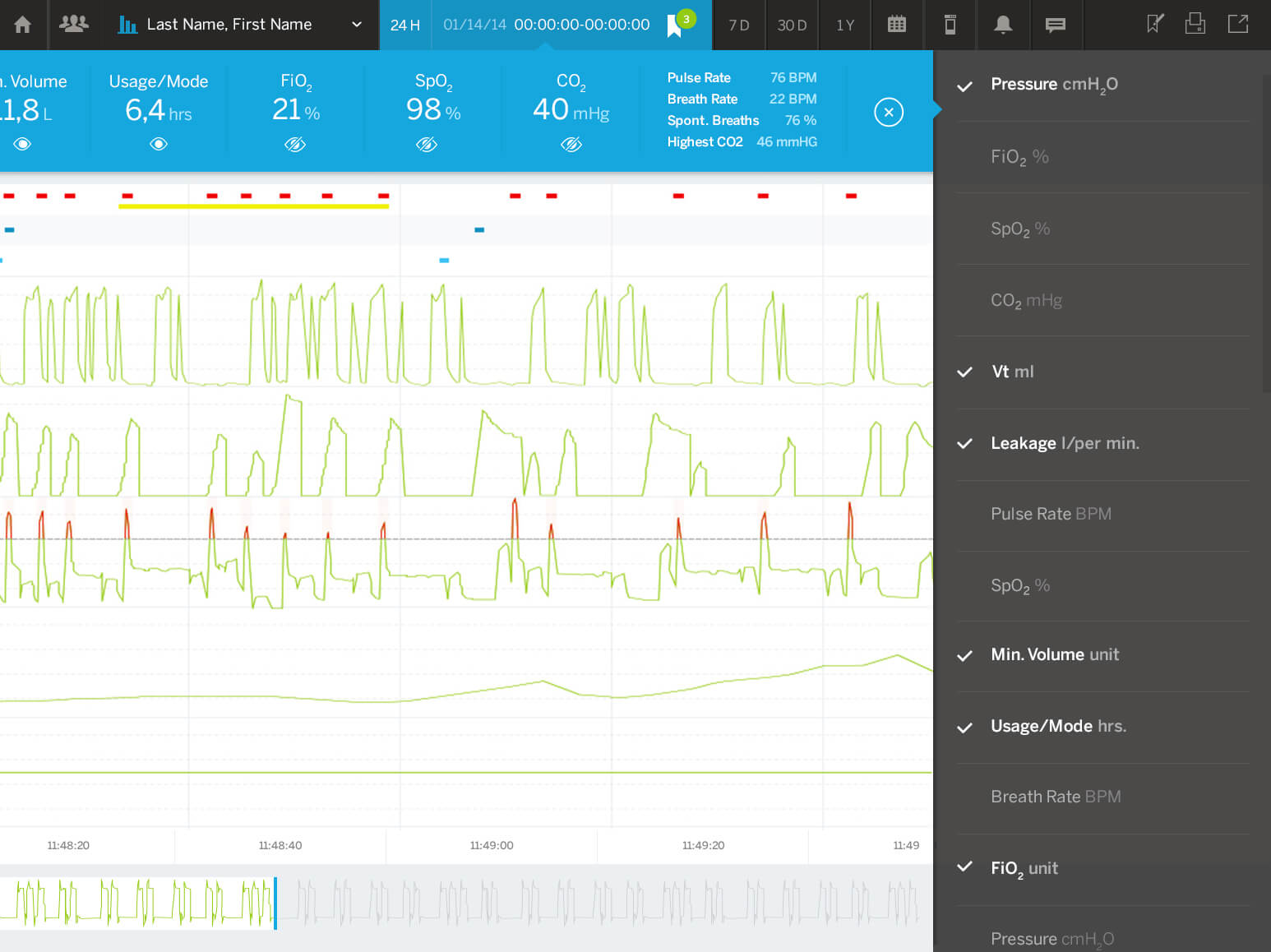
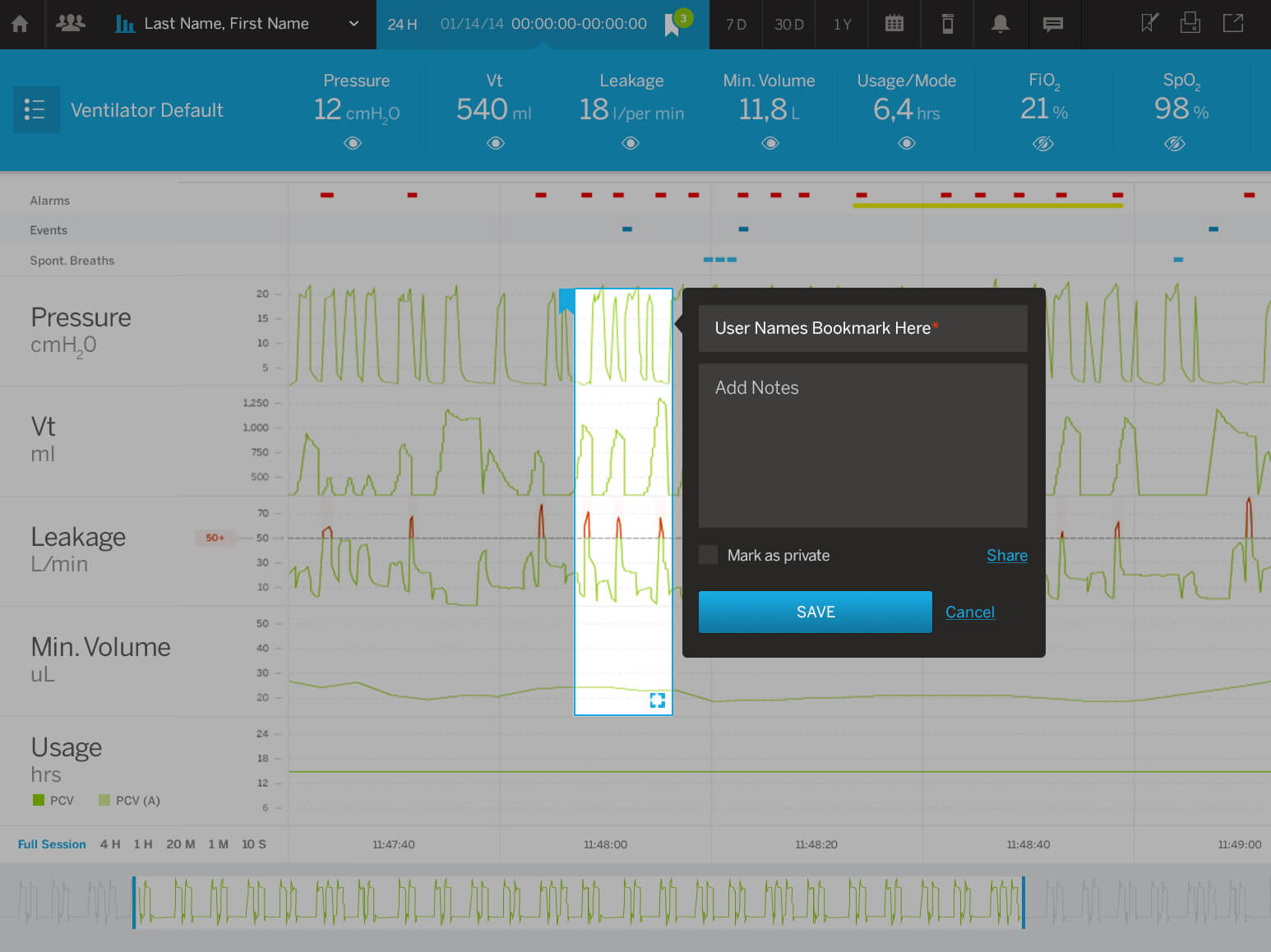
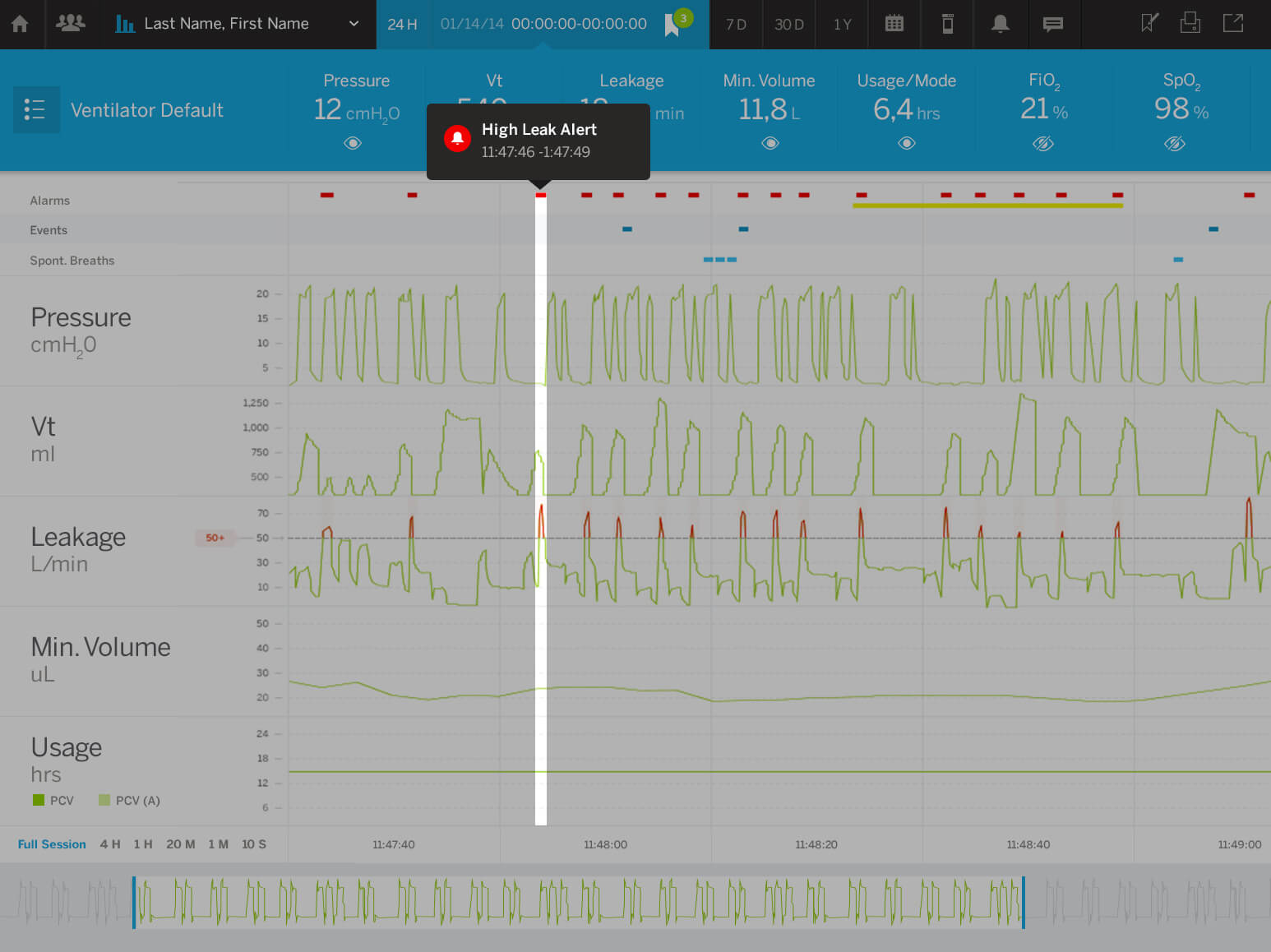
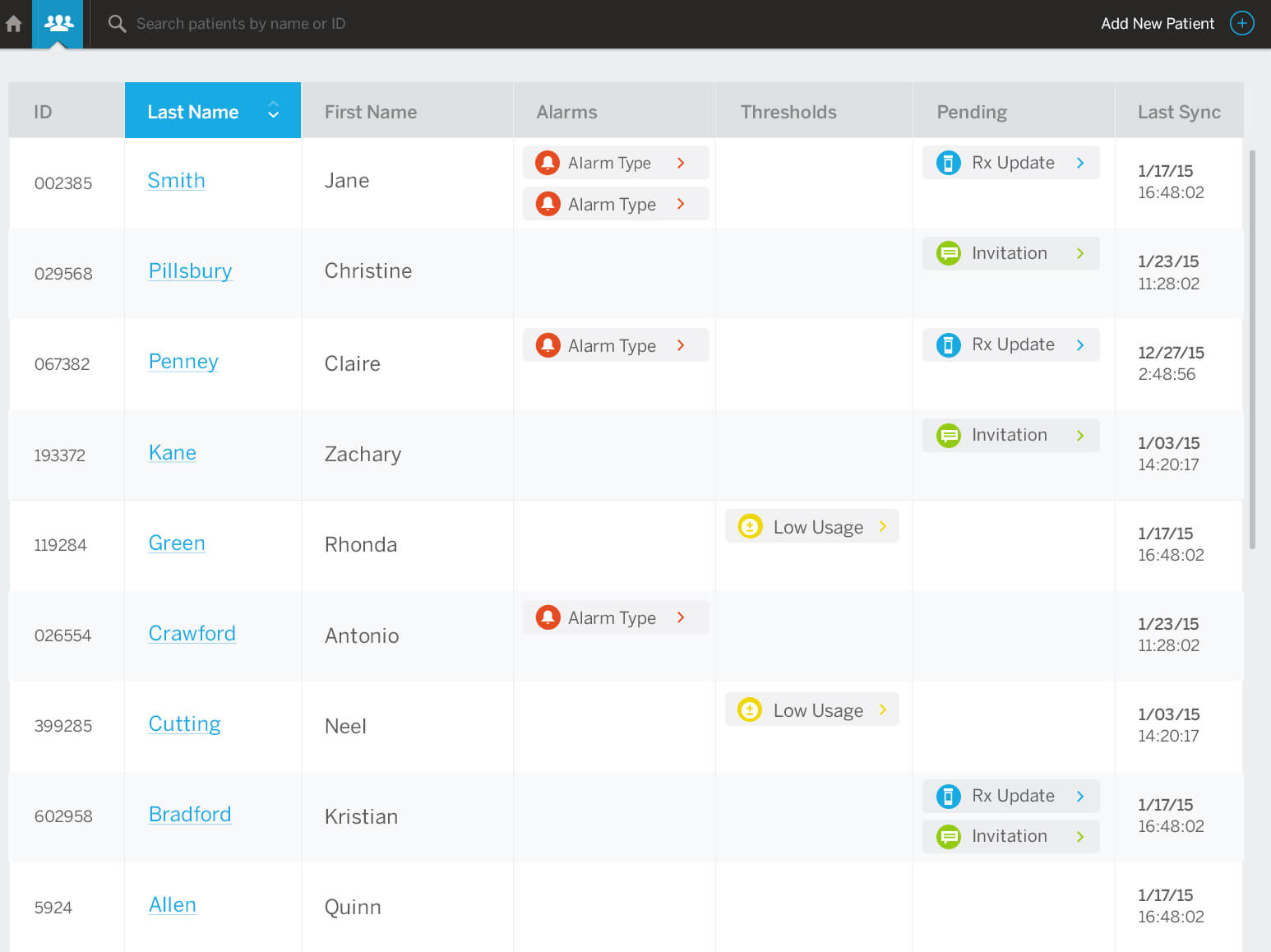
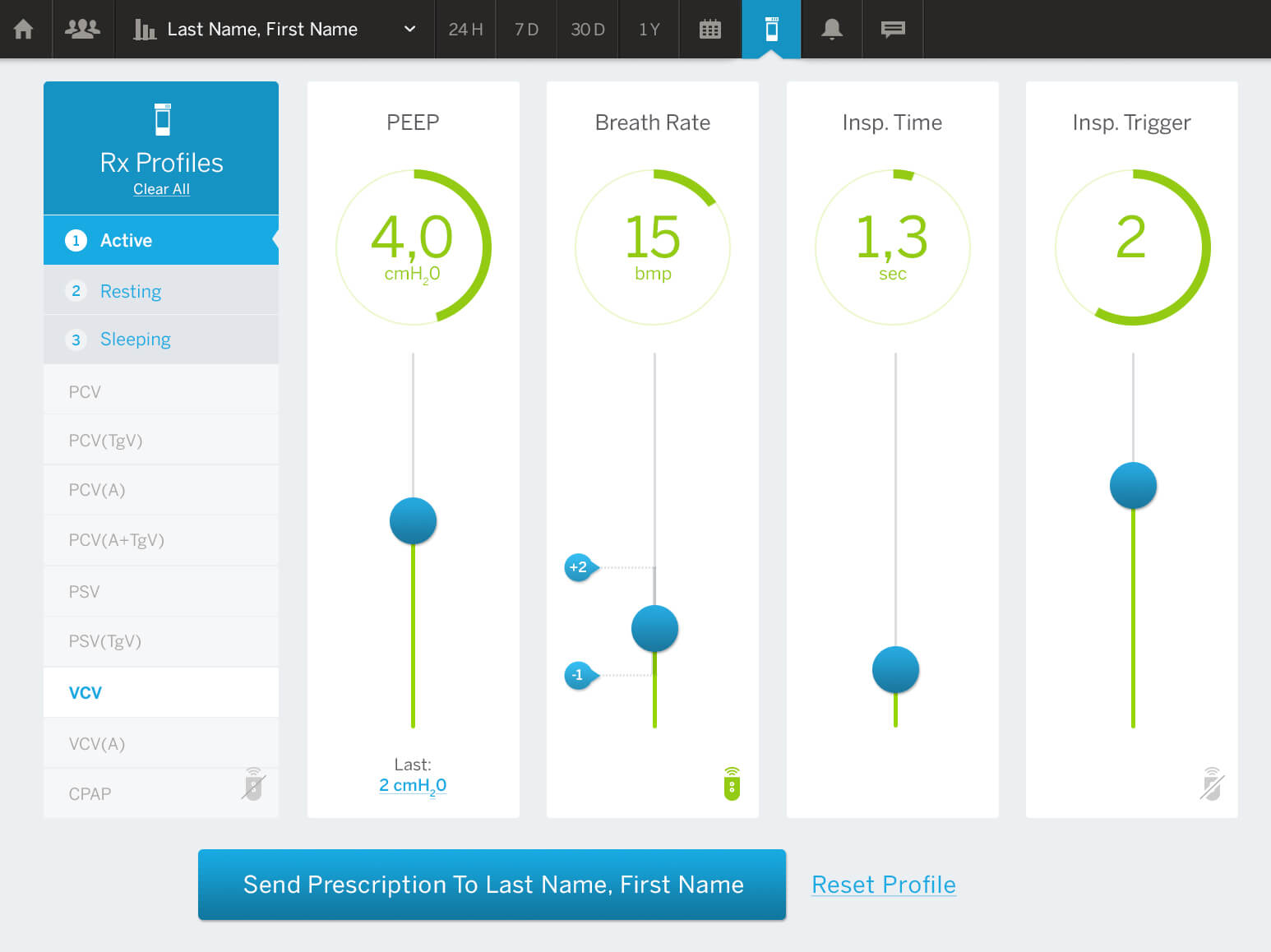
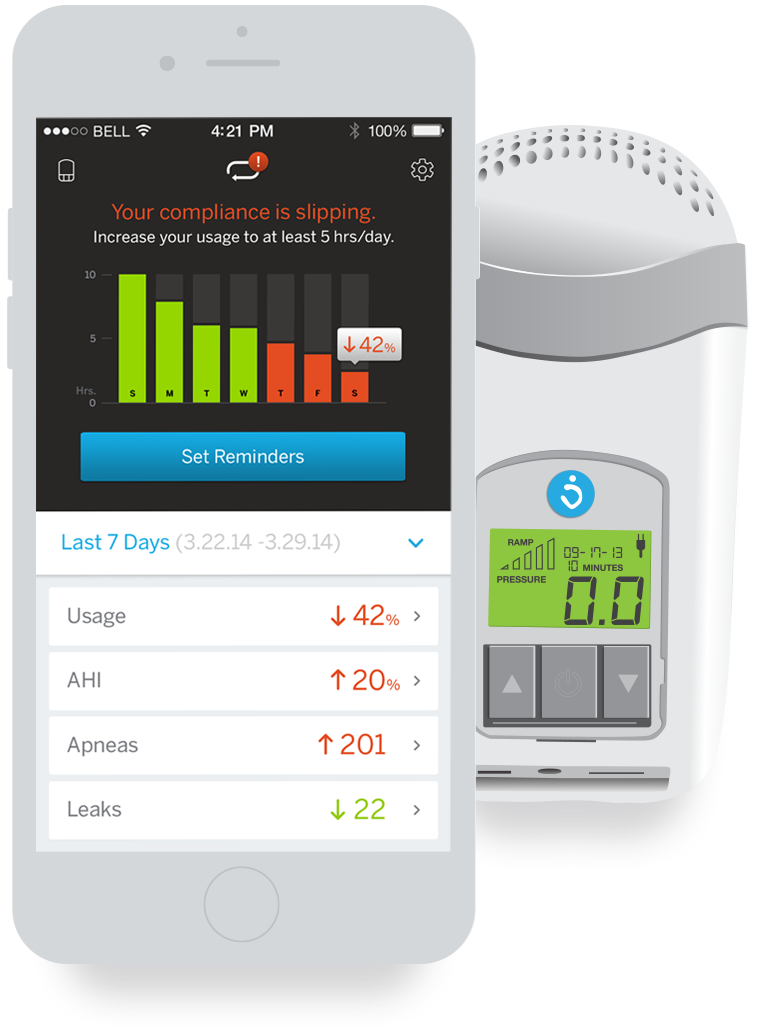
Because IoT can help you breath better.
HDM-Breas CPAP
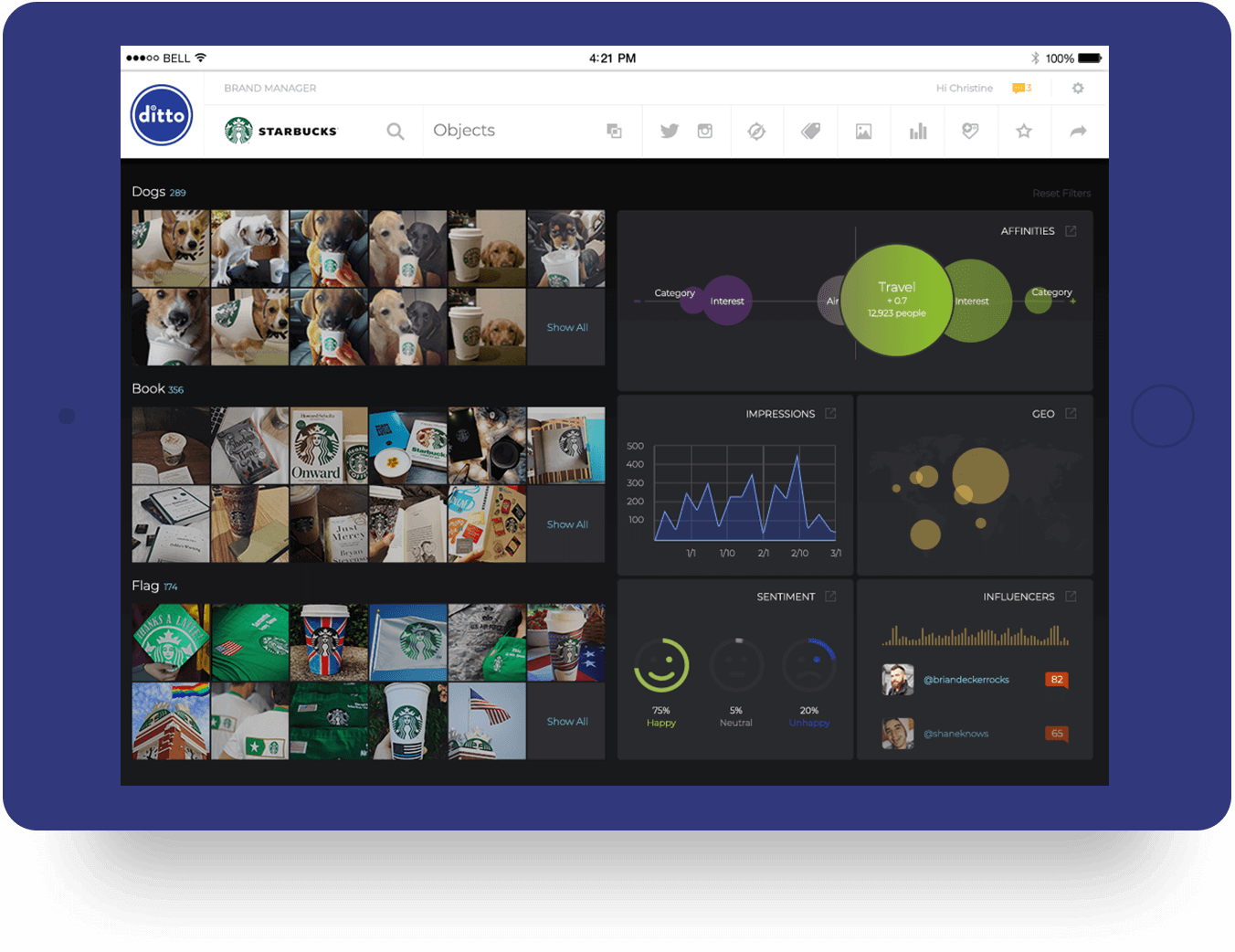
Because the visual web needs a new search.
Ditto
